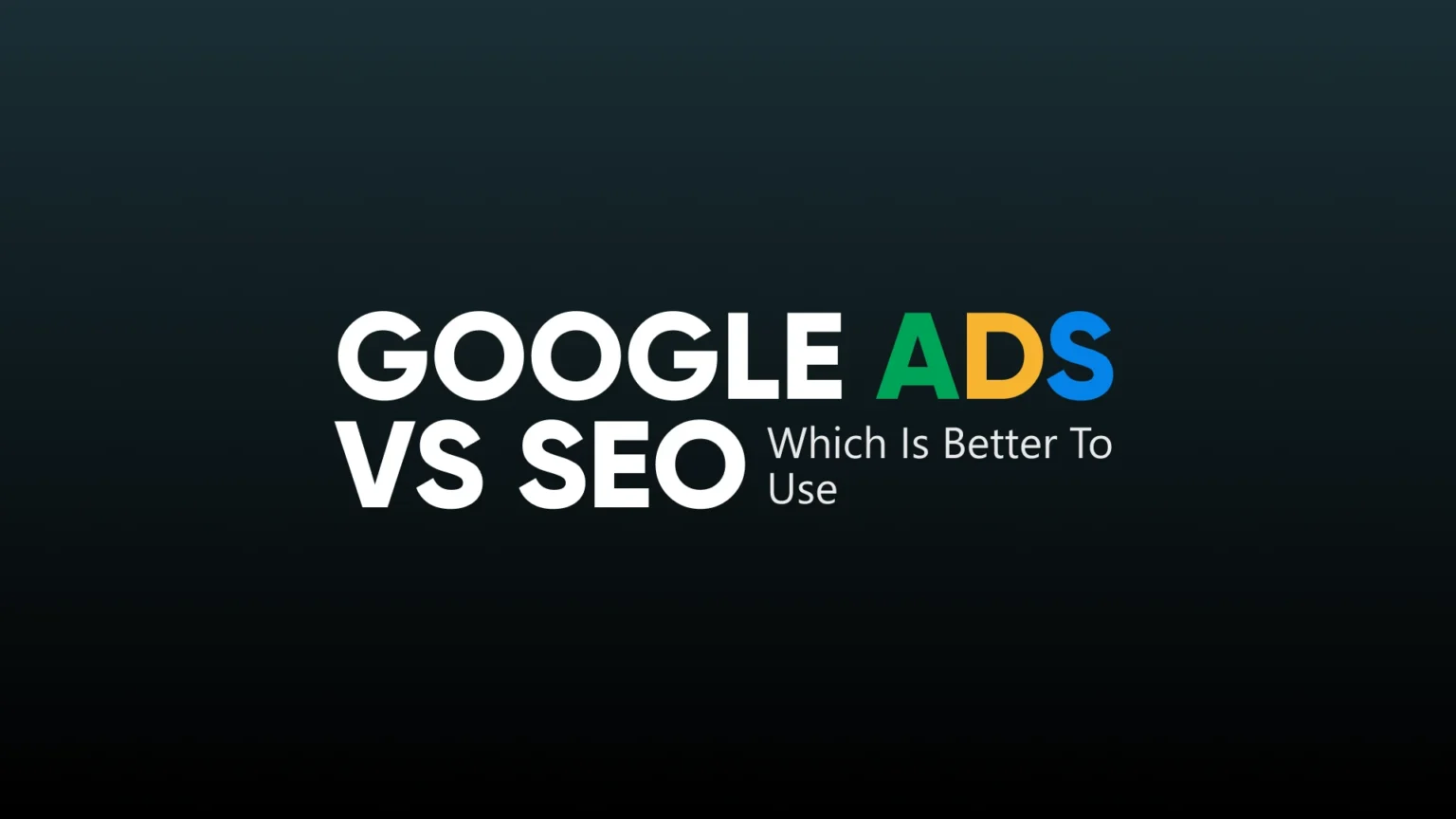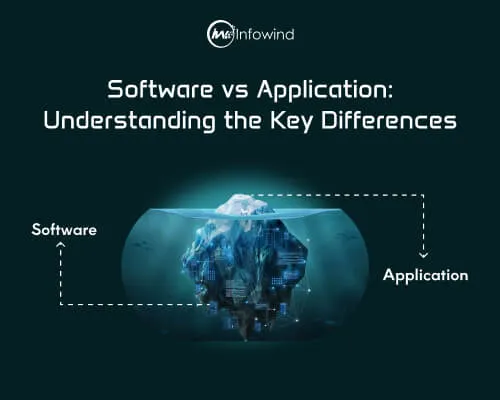In 2026, having an internet presence is essential to a brand’s survival. However, merely establishing your internet presence isn’t enough. It has to do with who appears first on Google when potential clients search online. It’s about outperforming your rivals and controlling your sector of the internet market like a king. That is the goal that all businesses strive towards. Indeed. The internet discoverability of your brand is crucial. Engage in combat with competitors for SERP supremacy. Establishing your dominance ensures visibility and growth. Avoiding shyness in this cutthroat environment is crucial. This Google ads vs seo cold war has been raging for a while, and rumors about it are still prevalent. How about arriving to a definitive solution? Together, let’s attempt it.
Google is without a doubt the leader in search engine optimization. You should have the upper hand if you rank #1 on Google. So, how do you tack on to this ultimate Google SERP domination? Google Ads or SEO?
Allow us to thoroughly explain everything so you can ultimately determine what is best for you.
What Are The Different Roles Of SEO And Google Ads?
Ads and SEO play different but complementary operations and functions. The foundation of SEO management is creating content that interests readers and fits their needs, as well as making your website user-friendly. This covers not just the written material, videos, and infographics you offer, but also optimizing the look and feel of your website to make it easy for consumers to navigate and simple to use.
On the other hand, Google Ads are a form of online display advertising. It allows you to receive payment each time a user clicks on one of your generated advertisements. By having this advertisement show up for users who type in specific terms into search engines, you may target those who are interested in particular topics. Thus, Google AdWords can help you achieve the visibility you want for relevant keywords even before you have the site reputation and SEO rankings necessary to reap the rewards of your organic efforts. Combine SEM and SEO to maximize SERP real estate.
What is Search Engine Optimization (SEO)?
Website traffic is increased when it appears higher on search engine results pages (SERPs). The process is called search engine optimization, or SEO. Increased traffic and visibility for your website are a result of higher ranks. It helps your site appear higher in search results naturally. This makes it easier for visitors to find your website. They can discover it when conducting relevant online searches.
Building high-quality backlinks from other reputable websites to attest to the legitimacy and authority of your website, enhancing user experience on your site through structural improvements, producing informative content, and optimizing it with pertinent keywords are all part of SEO.
A strong online presence and more organic traffic can be attained through SEO. A key indicator of the online expansion of your brand is the site’s organic visitor flow. Google’s algorithms are always working to deliver more relevant results that appropriately respond to user requests. Having said that, people who find your website from organic search engines are more likely to find your content interesting and become qualified leads for your company.
What is Google Ads?
Google Ads helps companies appear on Google’s properties. Businesses use Google Ads for display, shopping, and YouTube ads. The most common type is search ads. For pertinent searches, these show up on the search engine results page (SERP).
Use Google AdWords to bid on keywords to display an advertisement on Google’s search results page. The business model it employs is pay-per-click (PPC). Only when someone watches or clicks on the advertisement do you get paid. By bidding on keywords, businesses can display advertising in search results through Google AdWords. Payment is based on clicks to your website or calls to your company.
Google AdWords allows targeting specific demographics and unique campaign customization. You can track ad effectiveness easily with its tools.
How do Google Ads Help with SEO?
When managed properly, Google Ads and SEO can work well together. In situations where a company lacks the organic rating required to show up on Page 1, they can use Ads to their advantage to increase visibility for important keywords. This is achievable for brands that accurately monitor their organic traffic and rankings. Google AdWords is an additional tool for gauging consumer responses to particular queries. For example, brands might create ads for keywords they are considering optimizing for. Customers who click on the advertisement can then be tracked to see how successfully they are able to interact with the landing page and the websites as well. Then, keywords that attract more visitors and have higher conversion rates and levels of engagement will be given precedence over less successful keywords.
Similar to this, you may use keyword data from SEO campaigns to find possible places to advertise. As it will be difficult for a website to acquire a space on the SERP’s first page, finding keywords with high search traffic and high competition will undoubtedly help you uncover good candidates for advertising campaigns. Not only can material be optimized for the major search engines, but also for more modern SEO channels like native and vertical search engines.
Understanding the differences between Google Ads and SEO is essential for creating a successful digital strategy for a firm. Businesses that can better integrate these two unique traits will have better search results.
Conclusion
Every time someone is unsure which option to choose, the difference between Google Ads and SEO arguments comes up. Having the best of both worlds is wonderful. Companies benefit from a hybrid marketing strategy combining PPC and SEO.
Establishing a balance between them matters most. PPC and SEO tactics that work are essential for successful digital marketing. Updating these strategies when necessary is key. It ensures continued effectiveness and adaptation to market changes.




